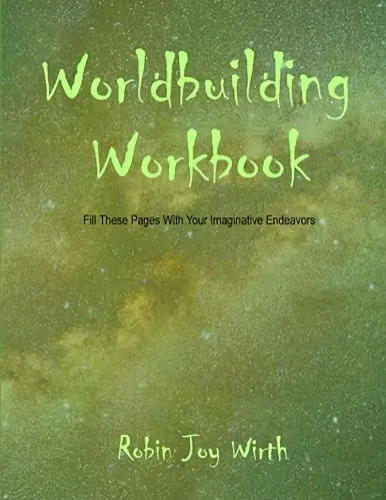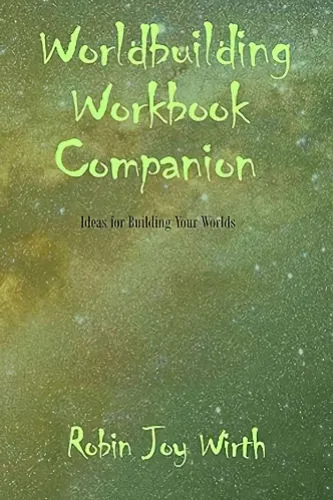PARTS OF THIS SITE CONTAIN MATURE CONTENT

RedShadow's Quill:
Writing a Steamy Romance, From Beginner to Pro
A lot of people believe they can't write a book, but for most people that's not really true. It's just that you see a mountain instead of a mole hill. In truth, if you can say yes to at least the top one, the rest of these are things you are able to learn if you really want to.
Prerequisites to writing a book:
that you have at least a passing command of the writing skills,
that you understand what it takes to create a compelling story,
that you have an ability to worldbuild, either real or imagined worlds,
that you understand what it takes to create likeable or hate-worthy characters,
that you know how to describe your scene without adding in needless words,
that you know ahead of time what genre you wish to write in and how to study market trends,
that you create an ever-growing list of people willing to follow you,
that you establish a plan on where and how you'll publish and market the book.
For some of you, this list sounds like a pretty tall order, but in truth it is by no means complete. However, I'm dedicating this space to help you learn some of this stuff so you can get started and see if being a novelist is really your cup of tea.
It's my intention to try to walk you through some of those things a bit so you can successfully publish and market your work. Keep in mind, though, you could always hire me or another editor/writer to help you if you get stuck.
Although I've got a lot of content slated to put in this category, it's not yet ready and I have to find some time to prep it for you, so this page is just a placeholder for now. Check back in periodically to discover this content as I go...
Working on right now: Where to Start.
I'm planning to create a full page containing a lot more, but here's a nugget for you...
Most folks think you need a bunch of special training to create a book, but really, the most important thing you need is a good story. Yes, good spelling and grammar knowledge are bonus points, but getting the story written down in a logical order is a great deal more useful, since you can run grammar and spell checkers on the written text later, or have an editor help you whip the copy into shape...
https://www.redshadow67.com/abmf/learn/premise_and_skeleton.php
COMMAND OF SKILLS
Obviously, if you want to write books you'll need some level of ability putting words onto a page. These days, with all those spelling and grammar checkers, you don't need to be the best at it, but the hope is that you'll practice and improve as you go along, so that at some point you won't need to depend on such tools.
One good way to practice is to open a Word file, or equivalent, that has spelling and grammar checkers engaged, and either type or speak in a story. The word processor will attempt to help you properly spell, and if your grammar needs improvement, it will suggest better versions for you. In that way, you can begin to learn what works.
I, for one, know all of these rules, but sometimes I prefer to break them for styling purposes. If you don't know why the rule is being broken, it's probably best to stick with the tried and true until you do.
Your best way to master command of writing skills is to sit down daily and do some sort of 500-1000 word story, unless you'd rather jump in head first and start with a whole book, doing 1500-2000 word chapters or more. It depends on how much time you can dedicate, and how motivated you are to get done. But for sure, do at least 500 words just to work your writing muscles.
It's not my job to teach you spelling and grammar, you're on your own for that sort of thing, but I think it's highly important to help you recognize a good idea and an idea you might love, but which for whatever reason doesn't sell. And I think that the best way to help start you on that road is to tell the trick most authors know: go over to a major book seller's list of the top 100 sellers, in your genre you want to write for, and have a look at what is selling right now. Not just a glance, go in and read the reviews too. By reading the reviews, you'll get an idea what the readers like or don't like about each book. This is going to help you decide what you should probably not do while writing your own.
There's another part of that, though, if you think you can pull it off. Have a look at what they did "wrong" and then find a way to make it "right" within your book. Difficult to do, but it could be just the challenge and learning experience you need to see what happens. Because all the gurus in the world telling you to stick to the tried and true? They're not always right about that. If you want to do that, it's fine, but my hope is that you will fully understand why if you do.
I'm trying to throw together a little "premise tool" for you that generally works like some of these other tools, but which is mostly interested in giving you ideas to run with, rather than building the whole story for you. You'll want to keep an eye out for it, and if you like this stuff you may want to go into the newsletter options and ask to get writer's news, or both if you want to get stuff about reading too.
https://www.redshadow67.com/rjw/roptin.php

➤ Visit Bookland to Read Excerpts!
Robin's Amazon Page
Robin Joy Wirth
robin@redshadow67.com
948 S. Ainsworth Ave, #C
Tacoma, WA, 98405


